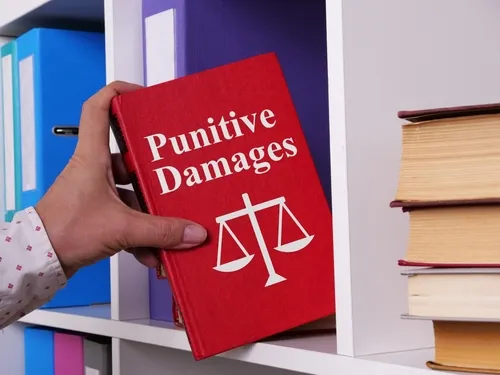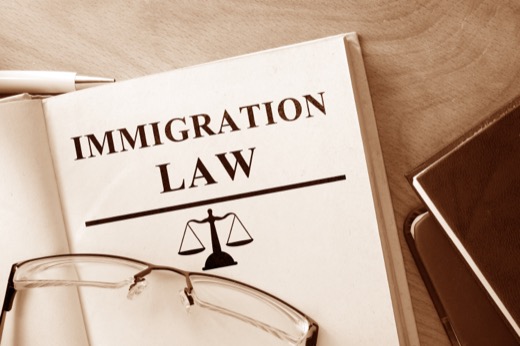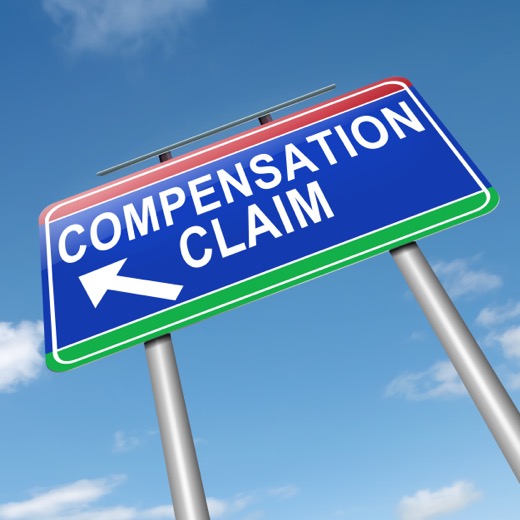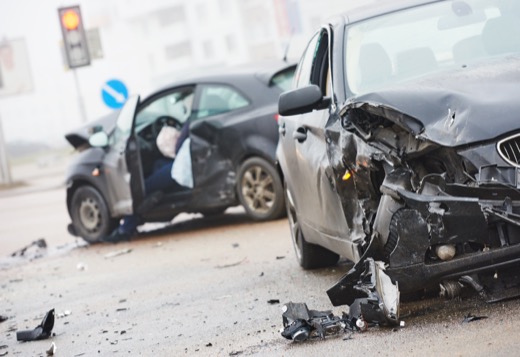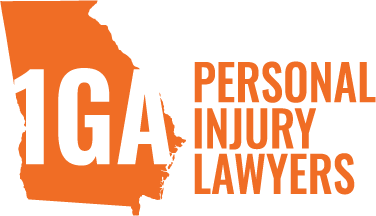When it comes to personal injury cases, most people are familiar with compensatory damages, which are meant to cover the victim’s losses, such as medical expenses, lost wages, and pain and suffering. However, there is another type of damages that serves a different purpose: punitive damages.
At 1Georgia Personal Injury Lawyers, we believe it is important to understand all aspects of the legal remedies available to you, including punitive damages. We’ll explain when punitive damages are awarded, their purpose, and the amount of punitive damages you can recover in Georgia.
If you have been hurt in a car accident or other accident, call our Georgia personal injury lawyers today for a free consultation.
Punitive Damages vs Compensatory Damages
In personal injury lawsuits, the money awarded to the injured party is known as damages. Punitive and compensatory damages are two distinct categories of damages.
Compensatory damages are awarded for economic losses and harm suffered by the victim. This can include medical bills, property damage, and emotional distress. Their purpose is to serve as financial compensation.
The purpose of punitive damages is not to compensate the victim for their losses. Instead, they are designed to punish defendants for egregious conduct and deter others from such behavior. Punitive damages are also called “exemplary damages” since they make an example of the defendant’s actions.
Courts typically award these damages in cases involving gross negligence, intentional harm, or reckless disregard for the safety of others.
When Do Courts Award Punitive Damages in Georgia?
In Georgia, punitive damages are not awarded in every personal injury case. They are reserved for situations where the defendant’s conduct was especially harmful or reckless. Under Georgia law, victims may seek punitive damages if it is proven that the defendant acted with “willful misconduct, malice, fraud, wantonness, oppression, or that entire want of care which would raise the presumption of conscious indifference to consequences.”
Scenarios where victims can seek these damages include drunk driving accidents, cases involving intentional harm, or situations where a company knowingly sells a dangerous product. For example, if a driver causes an accident while under the influence of alcohol or drugs, a court may award punitive damages due to the reckless nature of the driver’s behavior.
Burden of Proof in Awarding Punitive Damages
One reason that punitive damages are awarded infrequently you must meet a higher burden of proof to win these damages.
In any personal injury lawsuit, you or your attorney must prove your case by a preponderance of the evidence. This means your lawyer must show it’s more likely than not that the defendant acted negligently and their negligence caused your injuries. If your case is more convincing than the defendant’s, you can obtain financial compensation.
However, the burden of proof you must meet to obtain punitive damages is “clear and convincing proof.” This standard is less strict than proving reasonable doubt in the criminal justice system, but it’s still a high bar.
The Cap on Punitive Damages in Georgia
In many jurisdictions, state laws place statutory caps on punitive damage awards. Georgia is one of the many states that limit punitive damages.
According to O.C.G.A. § 51-12-5.1, the maximum amount of punitive damages that can be awarded is $250,000. This cap is intended to prevent excessively large punitive damages awards that could be financially ruinous for defendants and create a balanced approach to punishment and deterrence.
However, it is important to note that this cap does not apply to all cases. There are specific exceptions where the punitive damage award can exceed the $250,000 limit.
Exceptions to the Limit on Punitive Damages
There are three main exceptions to the cap on punitive damages in Georgia.
Product Liability Cases
In cases involving defective products, there is no cap on punitive damages. This exception is based on the principle that manufacturers and sellers of defective products should be held fully accountable for the harm caused by their negligence or intentional misconduct. The lack of a cap in these cases aims to strongly deter companies from placing profit over consumer safety.
Intentional Harm
If the defendant acted with the specific intent to harm, the $250,000 cap does not apply. This exception recognizes that conduct involving intentional harm is particularly reprehensible and warrants a more substantial punitive response. For example, in cases of assault or battery, where the defendant intentionally caused harm to the victim, punitive damages can exceed the statutory cap.
Cases Involving Drugs or Alcohol
When the defendant was under the influence of drugs or alcohol or drugs, there is no cap on punitive damages. This is especially relevant in cases of drunk driving accidents, where the law aims to impose severe penalties to deter individuals from driving under the influence and to punish those who do.
How Our Georgia Personal Injury Lawyers Can Help
Navigating the complexities of punitive damages in personal injury cases can be challenging. At 1Georgia Personal Injury Lawyers, our experienced attorneys are dedicated to ensuring that our clients receive the full extent of compensation they deserve. We understand the nuances of Georgia’s punitive damages laws and will work tirelessly to hold the responsible parties accountable for their actions.
If you or a loved one has been injured due to someone else’s reckless or malicious behavior, you may be entitled to punitive damages in addition to compensatory damages. Contact 1Georgia Personal Injury Lawyers today for a free consultation. We will review your case, explain your legal options, and help you pursue justice and fair compensation for your injuries.
Call Us Today for a Free Consultation!
Punitive damages play a critical role in the legal system by punishing particularly outrageous behavior and deterring others from similar conduct. Understanding when and how these damages can be sought in Georgia, as well as the exceptions to the statutory cap, is essential for any personal injury case.
Trust 1Georgia Personal Injury Lawyers to provide the knowledgeable and dedicated representation you need to navigate this complex area of law.
If you have been hurt in a car accident or other accident, call our Georgia personal injury lawyers today for a free consultation.
